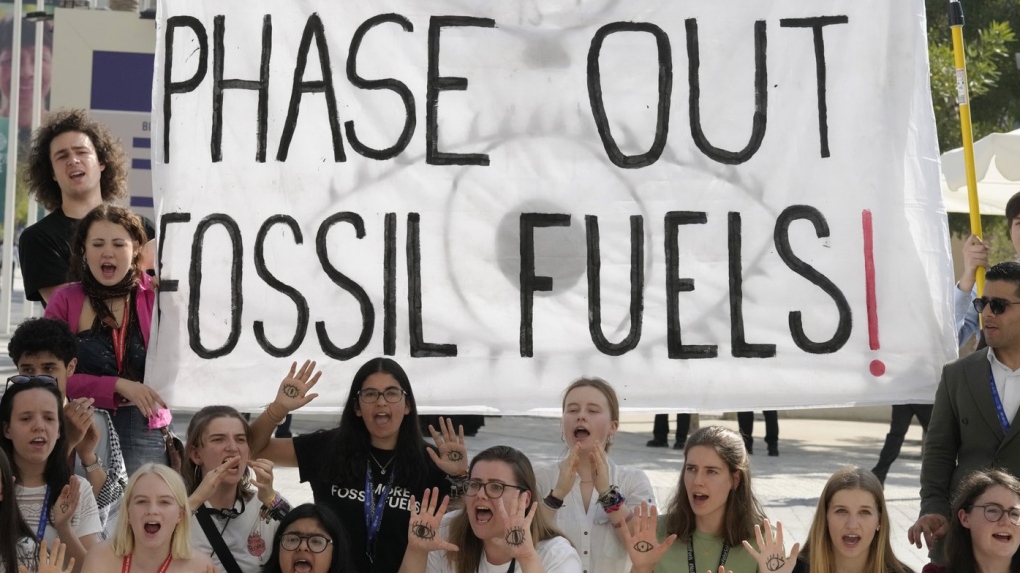Fossil Fuels
Arab officials convened in Doha for a conference on regional energy cooperation, where they strongly opposed the efforts to phase out fossil fuels at COP28 in Dubai. The UN climate summit was anticipated as an opportunity to achieve a historic global agreement to reduce reliance on high-emission fuels responsible for three-quarters of greenhouse gas emissions.
Kuwait’s oil minister, Saad Hamad Nasser Al Barrak, dismissed the proposal as an “aggressive attack” and accused Western nations of attempting to dominate the global economy through alternative energy sources.
He expressed amazement at the insistence on depriving developing nations of a fundamental energy source, characterizing the approach as “racist and colonial.” Barrak vehemently deemed it “completely unacceptable” and questioned the prolonged negotiations at the climate conference based on such principles.
Saudi Arabia, a major oil exporter, spearheaded opposition to the shift away from hydrocarbons at the UN climate summit. In parallel, during the conference in Doha, Iraq’s oil minister, Hayyan Abdul Ghani Al Sawad, asserted that fossil fuels would remain the predominant global energy source, emphasizing the need for technological advancements to reduce emissions by user nations.
Mohammed Mubarak Bin Daina, Bahrain’s oil and environment minister, stressed the significance of petroleum and oil in their economies, calling for a balanced approach in utilizing industry derivatives while advocating for emissions reductions and increased use of renewable energy.
The two-day conference brought together officials from Algeria, Libya, Oman, and Saudi Arabia, including Saudi Energy Minister Prince Abdul Aziz bin Salman. As global powers clashed over the transition away from fossil fuels at the UN summit, the Arab officials in Doha stood united in opposition to what they perceive as a threat to their economies and energy sovereignty.


